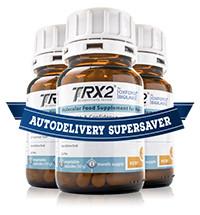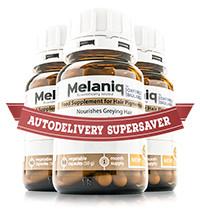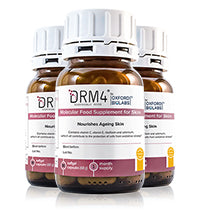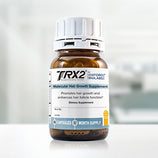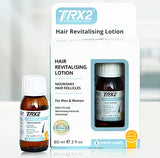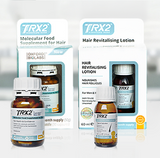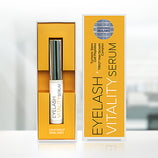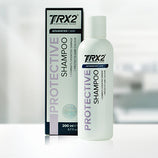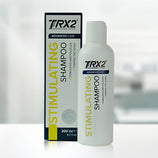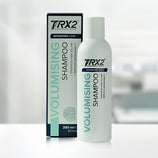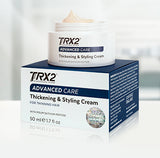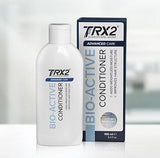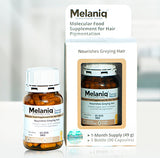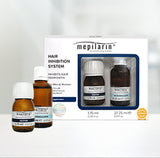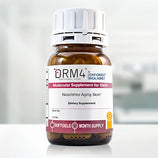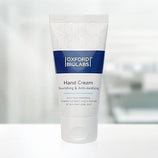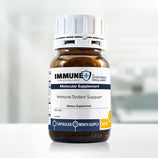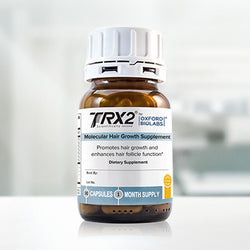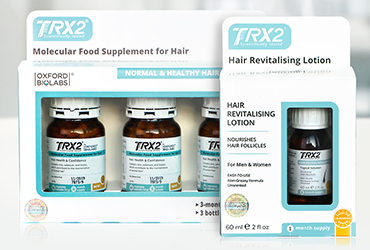There has been so much hype out there over the power of antioxidants that even the least health conscious people around are likely to have heard of it. For a while the word ‘antioxidant’ became a buzzword… and of course with all the newfound attention antioxidants gained, marketing hype subsequently reached a crescendo. As a result, many broad claims were made about even the lowliest of supermarket vegetables. Those who noticed this trend may have been left wondering, can antioxidants really benefit your health?
There is a lot of evidence to support the health benefits of antioxidants. At Oxford Biolabs we are certain that correct antioxidant intake is a very important aspect of good health. We are not here to blind you with science; there is plenty of scientific information on antioxidants online already. We are here to shed light on the truth about antioxidants.
Knowledge of antioxidants goes hand-in-hand with knowledge of free radicals, which can wreak havoc on our health if they are not kept in check. In this article we will simply present you with key information about antioxidants and free radicals, so that you can make the best choices for your health.
What are antioxidants and free radicals?
What are free radicals?
It makes sense to address the question by first explaining free radicals and what they do the body. Free radicals are reactive and unstable molecules, and your body generates them as a byproduct of oxidation (metabolism), or as a response to inflammation – and even excessive exercise. Free radicals are more commonly known as the byproducts of environmental toxicity, however. Those who smoke chemical-laden tobacco, eat toxic foods or get too much exposure to radiation and damaging UV light are more likely to have free radicals floating around in their bodies.
Those troublesome free radicals only survive for a tiny amount of time (less than a second) but that’s as long as it takes to damage your DNA, leading to all kinds of illnesses and chronic disease. They are also responsible for exacerbating the aging process. This probably answers the question of why you need antioxidants. In other words, free radicals are the bad guys and they lead to a whole host of problems within the body… whereas antioxidants are the antidote.
What are antioxidants?
To put it simply, antioxidants are compounds that inhibit ‘oxidation’, the chemical reaction that produces free radicals. Antioxidants are able to manage and moderate the number of free radicals floating around in your body, damaging your cells. They support your DNA by repairing damaged molecules. In this way they can slow down the aging process, instead promoting healthy aging and preventing disease from setting in. Antioxidants also ‘chelate’, which is the name for the process of binding to and eliminating toxic heavy metals via the urine.
It’s not quite as simple as it sounds though; one can’t expect to consume a handful of antioxidant-rich foods each day and assume that all free radicals will be eliminated. With the appropriate levels of nutrition, antioxidants can slow down the oxidative stress and pollutant damage responsible for the aging process. It’s worth noting that as you age, the level of natural antioxidants in your body declines, at which point you can benefit from greater dietary intake and supplements.
So are antioxidants important for health? Absolutely, but for adequate protection, it is necessary to limit the number of pollutants entering the body, and take a multipronged approach to health and wellness. Antioxidants are a crucial part of that process, but they are not a one-way-ticket to good health and vitality.
Are there different types of antioxidants?
Yes, there are. In fact your body produces some antioxidants by itself. For instance, glutathione is known as ‘the master antioxidant’ since it aids the efficiency of other antioxidants. CoQ10 (ubiquinone and ubiquinol) are highly effective for cellular support, but with age your body is less able to convert CoQ10 to ubiquinol (the more bioavailable form), so some people choose to supplement in later life. Alpha-Lipoic Acid (ALA) is another naturally present antioxidant used by your cells.
Which foods contain antioxidants?
It is important to consume a balanced diet of wholefoods for proper antioxidant intake. Some of the best foods that contain antioxidants are:
- Fresh, organic, raw vegetables and sprouts (especially leafy green vegetables)
- Fruits and berries: Cranberries, blueberries, raspberries and blackberries (high in nutrients such as vitamin C, carotenes and carotenoids, and various minerals)
- Fresh herbs and spices (ground is better than powdered): Cloves, cinnamon, turmeric, oregano, garlic and ginger
- Nuts: Walnuts, hazelnuts, pecans
- Teas: Loose leaf green teas like tulsi and matcha (beware processed high street brands, which are low in antioxidants but high in contaminants)
With fruit and vegetables, it is a great idea to juice them for maximum absorption, but you can also eat the pulp because it also contains plenty of nutrients.
Can you get good antioxidant supplements?
Yes, it is possible to find beneficial supplements that contain antioxidants in high amounts. It is important to research supplements and their interactions with other substances before committing to use. If you do choose an antioxidant supplement, you may look out for options such as glutathione, astaxanthin (a powerful marine carotenoid), resveratrol (also found in grapes, vegetables, cocoa and red wine), lypo-spheric vitamin C (the more bioavailable form), sulforophane (found in cruciferous vegetables such as broccoli, cabbage, cauliflower, and kale), and vitamin E.
However, studies have shown that people who eat the highest amounts of organic wholefoods (in particular fruits and vegetables) were at less risk of developing chronic diseases. The same applies to people who limit environmental toxicity and do more exercise, which means that free radicals are best eliminated through various efforts rather than relying on one factor alone. It is important to reduce sugar intake (including fructose), since it promotes free radicals and liver inflammation. Note that grains and simple carbohydrates also convert to sugars in the blood.
Be sure to exercise plenty, avoid contaminants and keep your stress levels in check and you will give your antioxidants the best chance of eradicating free radicals… ultimately allowing these little helpers to provide you with all of the benefits they are famous for!
